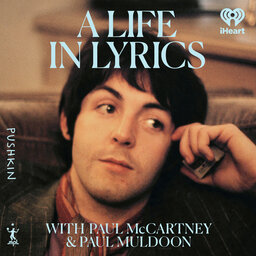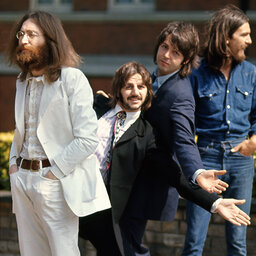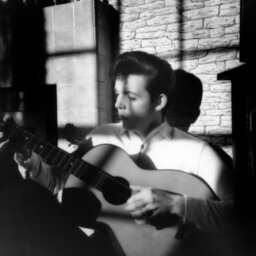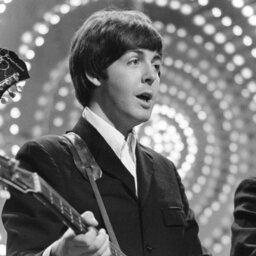This episode deals with themes and events surrounding the Northern Ireland conflict. As such, this episode may be traumatic or emotional for some listeners.
Paul McCartney doesn’t view himself as a writer of protest songs. But the events of Bloody Sunday sufficiently moved him to use his voice. Rush released as Wings first single in 1972, “Give Ireland Back To The Irish” was banned in Britain by the BBC and in the US radio avoided playing it. However, through any criticism, McCartney stood steadfastly behind the release which ultimately reached number one in Ireland.
“McCartney: A Life in Lyrics” is a co-production between iHeart Media, MPL and Pushkin Industries.
The series was produced by Pejk Malinovski and Sara McCrea; written by Sara McCrea; edited by Dan O’Donnell and Sophie Crane; mastered by Jason Gambrell with assistance from Jake Gorski and sound design by Pejk Malinovski. The series is executive produced by Leital Molad, Justin Richmond, Lee Eastman, Scott Rodger and Paul McCartney.
Thanks to Lee Eastman, Richard Ewbank, Scott Rodger, Aoife Corbett and Steve Ithell.
 McCartney: A Life in Lyrics
McCartney: A Life in Lyrics


